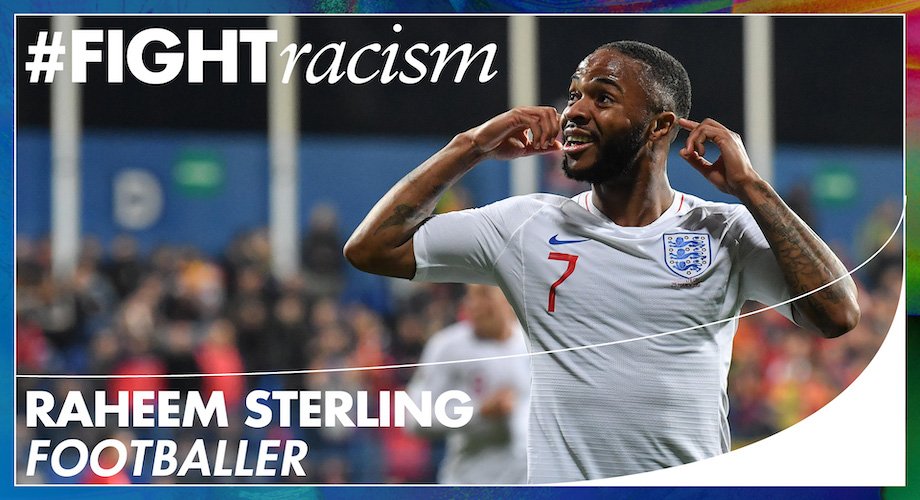
CAN ADVERTISING HELP GIVE RACISM THE RED CARD IN ENGLISH FOOTBALL?
Glynn Waltham
23/04/2020
We’ve partnered with Leeds Arts University to give a platform to the brightest young voices in advertising today. Here Glynn Waltham, BA (Hons) Creative Advertising, asks why brands are failing to tackle the resurgence of racism in football.
It’s no secret that racism is a major problem in football. In 2018 the football equality and inclusion organisation Kick It Out reported an increase of nearly 100 racial incidents over the previous year. What could have caused this? England legend John Barnes stated that “You can’t get rid of racism in football before you get rid of it in society” so how do we change societies views to help the ever-growing problem of racism? According to John Hegarty, “advertising is a mirror to society” and to succeed it “has to remain in step with society”. Is it true that we as advertisers merely react to society rather than influence it? Or must our industry zig when others zag to produce work that creates an impact in the world? Does advertising have a role to play in the fight against racism?
Studying the impact of recent contentious social-political issues can help us understand the social intricacies and tensions within society today. Therefore, it is vital to consider the link between Brexit and racism. King’s College London’s Centre for the study of Media, Communication and Power (CMCP) analysed over 15,000 articles published by 20 national news outlets and found that the economy and immigration were the most covered issues during the Brexit campaign. The official vote leave campaign spent more than £2.7m on targeted advertisements focused on immigration however not all were true. Thousands of “fake news” advertisements claimed stronger immigration laws would be beneficial for their targeted demographic with no proof to back up these claims. When discussing racism in football in 2019, Sky Sports pundit Gary Neville slammed Boris Johnson’s immigration policies claiming that the Prime Minister’s views are helping to “fuel racism” and racism has worsened “over the past three years”. The influence of advertising on society in this case has not necessarily been for the better.
In October 2019 England’s players were subjected to racial abuse during a match against Bulgaria in a Euro 2020 qualifier. The Bulgarian FA were fined £64,641 which, when compared to player Nicholas Bendtner’s fine of £80,000 for wearing sponsored boxer shorts, demonstrates the lack of severity with which people in power regard racism in the sport. Gary Neville believes “we have to empower the players to walk off the pitch and stop the entertainment while it is happening” for authorities to take notice. If empowering players to take matters into their own hands is the answer to beating racism, then advertising can no longer be reactionary to the issue. Instead, it must start the conversation by being disruptive.
The challenge creatives’ face is tackling the issue of racism by highlighting the best in society rather than ignoring the issue, or worse mirroring divisive views. Football player Raheem Sterling spoke out against the media’s treatment of black football players in 2018 and many brands are highlighting his courage by creating disruptive campaigns, with Sterling as the focus. Advertisers need to continue in this vein to inspire a generation to put pressure on authorities to make a change. As Steve Jobs once said; “the people who are crazy enough to think that they can change the world are the ones who do” and it’s our job as creatives to empower them.
Glynn then used this essay as a springboard for a creative response to brief






